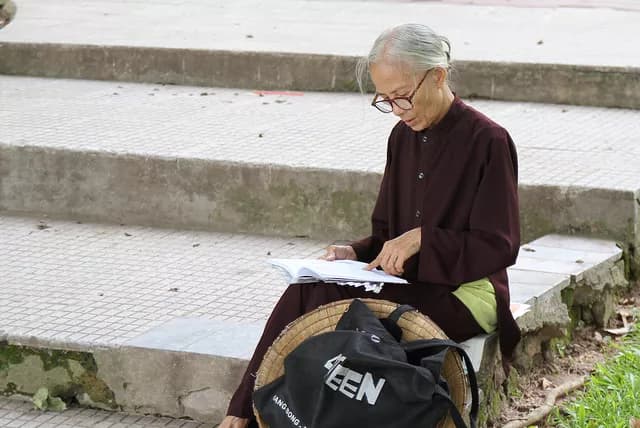
Older, Fitter Adults Experience Greater Brain Activity While Learning
Older adults who experience good cardiac fitness may be also keeping their brains in good shape as well.
In what is believed to be the first study of its kind, older adults who scored high on cardiorespiratory fitness (CRF) tests performed better on memory tasks than those who had low CRF. Further, the more fit older adults were, the more active their brain was during learning. These findings appear in the journal Cortex. Difficulty remembering new information represents one of the most common complaints in aging and decreased memory performance is one of the hallmark impairments in Alzheimer's disease.
Healthy young (18-31 years) and older adults (55-74 years) with a wide range of fitness levels walked and jogged on a treadmill while researchers assessed their cardiorespiratory fitness by measuring the ratio of inhaled and exhaled oxygen and carbon dioxide. These participants also underwent MRI scans which collected images of their brain while they learned and remembered names that were associated with pictures of unfamiliar faces.
The researchers found that older adults, when compared to younger adults, had more difficulty learning and remembering the correct name that was associated with each face. Age differences in brain activation were observed during the learning of the face-name pairs, with older adults showing decreased brain activation in some regions and increased brain activation in others. However, the degree to which older adults demonstrated these age-related changes in memory performance and brain activity largely depended on their fitness level. In particular, high fit older adults showed better memory performance and increased brain activity patterns compared to their low fit peers. The increased brain activation in the high fit older adults was observed in brain regions that show typical age-related decline, suggesting fitness may contribute to brain maintenance. Higher fit older adults also had greater activation than young adults in some brain regions, suggesting that fitness may also serve a compensatory role in age-related memory and brain decline.
According to the researchers this study highlights that CRF is not only important for physical health, but is also associated with brain function and memory performance. "Importantly, CRF is a modifiable health factor that can be improved through regular engagement in moderate to vigorous sustained physical activity such as walking, jogging, swimming, or dancing. Therefore, starting an exercise program, regardless of one's age, can not only contribute to the more obvious physical health factors, but may also contribute to memory performance and brain function," explained corresponding author Scott Hayes, PhD, assistant professor of psychiatry at Boston University School of Medicine and the Associate Director of the Neuroimaging Research for Veterans Center at the VA Boston Healthcare System.
The researchers caution that maintaining high levels of fitness through physical activity will not entirely eliminate or cure age- or Alzheimer's disease related decline, but it may slow down the decline. Future studies following individuals' fitness and physical activity levels, memory, and brain function over the course of years would more directly address this issue.
Materials provided by Boston University Medical Center. Note: Content may be edited for style and length.
Disclaimer: DoveMed is not responsible for the accuracy of the adapted version of news releases posted to DoveMed by contributing universities and institutions.
Primary Resource:
Hayes, S. M., Hayes, J. P., Williams, V. J., Liu, H., & Verfaellie, M. (2017). FMRI activity during associative encoding is correlated with cardiorespiratory fitness and source memory performance in older adults. Cortex. DOI: 10.1016/j.cortex.2017.01.002
Related Articles
Test Your Knowledge
Asked by users
Related Centers
Related Specialties
Related Physicians
Related Procedures
Related Resources
Join DoveHubs
and connect with fellow professionals

0 Comments
Please log in to post a comment.